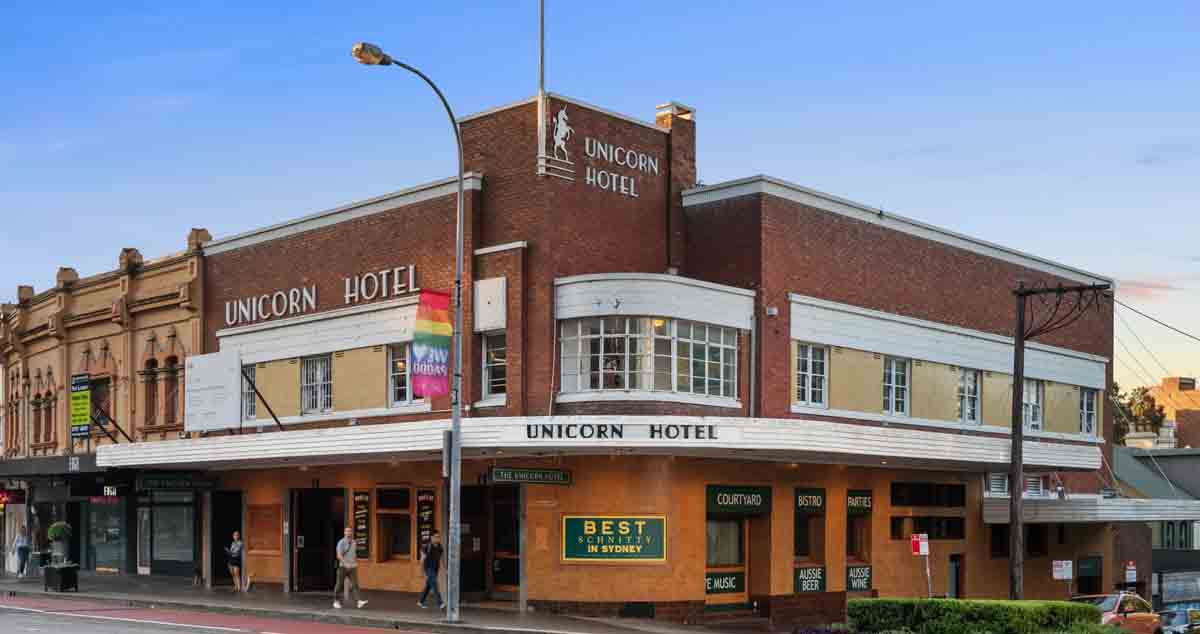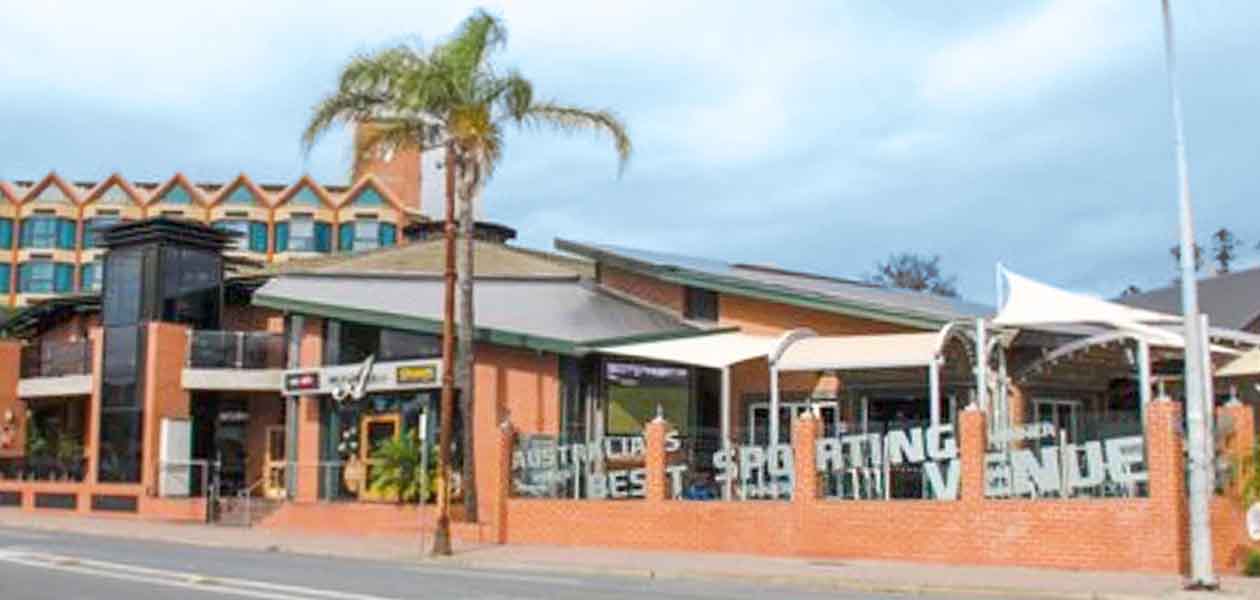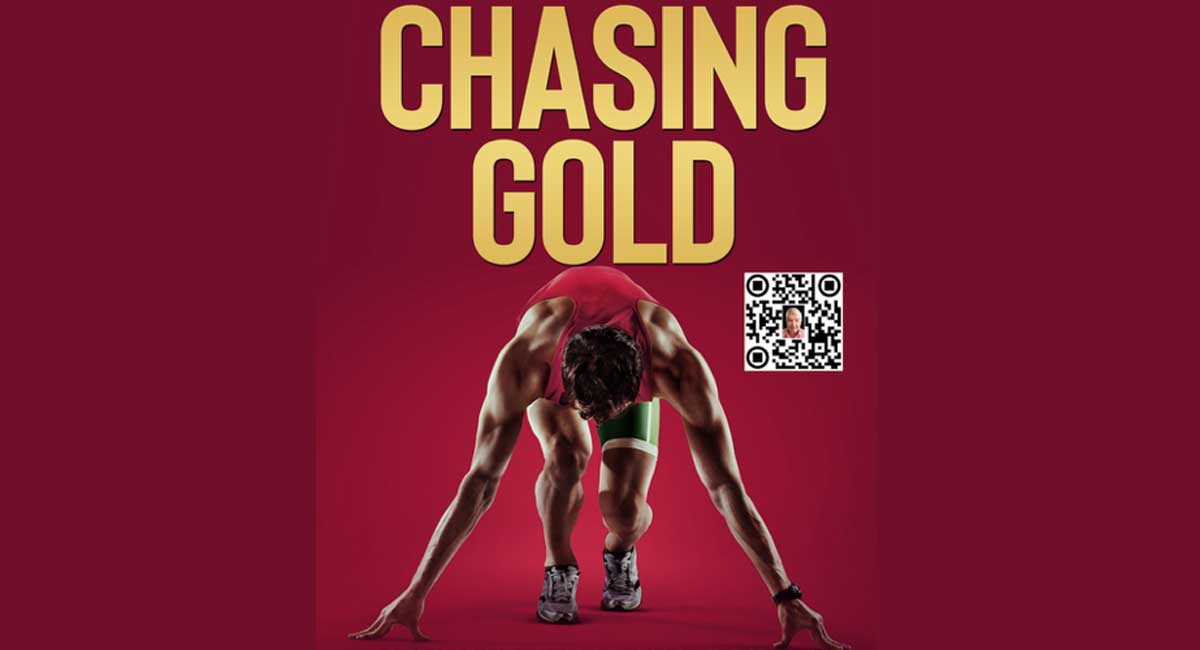Due to a massive resurgence in coronavirus cases since mid-September, the United Kingdom has again gone into total lockdown, closing all pubs in a second attempt to get the pandemic under control.
The nationwide lockdown came into effect again on Thursday (5 November), currently scheduled for the next four weeks.
Prime Minister Boris Johnson says the restrictions are slated to expire 2 December and called on the public to respect and obey the rules.
Londoners showed little fear of the resurgent outbreak on Wednesday night, ahead of the rules coming into effect at midnight, flocking to pubs and venues to make the most of time remaining before another month at home.
Johnson explained that once the lockdown is lifted the new “tiered” system will resume, to continue the fight against spread of the disease.
The UK has experienced its biggest numbers to date in the past month, seeing a high of 26,707 cases in a day and a total now close to 1.2 million.
It also has Europe’s worst death toll, with the 492 deaths on Thursday the highest since mid-May, and the cumulative total now up to 49,134.

Britain’s pub industry has been in a degree of turmoil for years, as dozens of pubs close each month, failing to compete with flagging patronage and higher expenses amid slicker corporate competition.
Some of the country’s large pub groups have reeled at the effects on trade at their largely leasehold operations, and this second shutdown is accompanied by a chorus of pleas and measures hoping to stem the bleeding.
In an attempt to minimise the ‘real ale’ cask beer that would be thrown away as a result of the second lockdown, UK giant JD Wetherspoon was selling pints for 99p and Stonegate Pub Co for 95p until their thousands of pubs were forced to re-close.
The British Beer & Pub Assocation (BBPA) cites member estimates that up to 12,000 pubs – almost a third (31.9 per cent) in the whole country – will not reopen after the second lockdown, unless government provides longer-term support for the industry.
To date support has come through initiatives such as the furlough scheme and grant support. The Association suggests this needs to be bolstered with longer-term measures, including beer duty cuts, continued VAT reduction, and extension of the business rates holiday.
Johnson has confirmed the furlough program will be extended for one month. This sees government pay up to 80 per cent of an employee’s normal wages.
The BBPA is also asking authorities to review the effectiveness and necessity of the three-tier restrictions proposed after the lockdown has ended.
Announced 12 October, the three-tier alert system indicates the level of risk assigned to any given part of the country at any given time, with varying consequences.
Tier one – “medium” – denotes the restrictions that have been in place across England. This stipulates a 10pm curfew for businesses serving food or drink, and a maximum of six people allowed at most gatherings.
Tier two – “high” – adds prohibiting members of the public from socialising with other households or personal contacts.
Tier three – “very high” – sees select industries, including pubs and all hospitality close the doors again.







